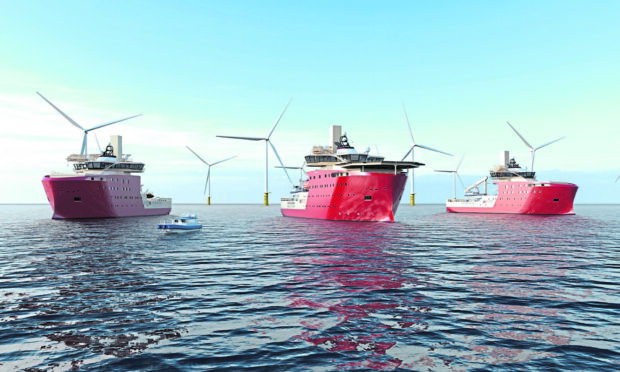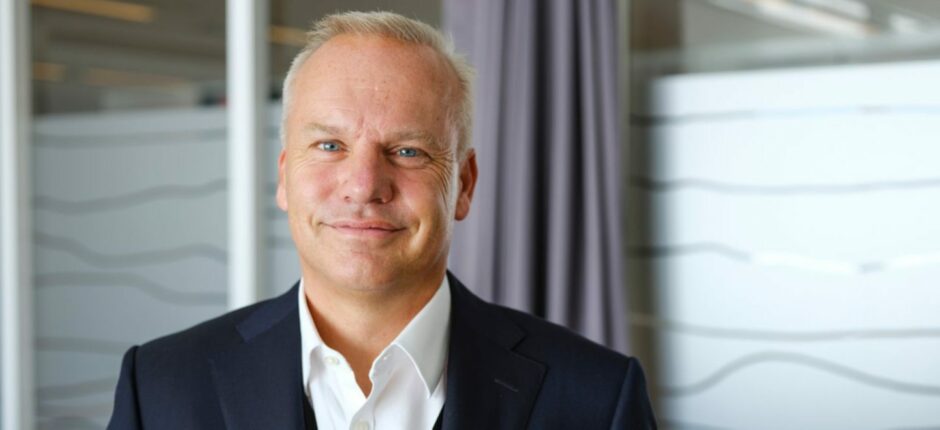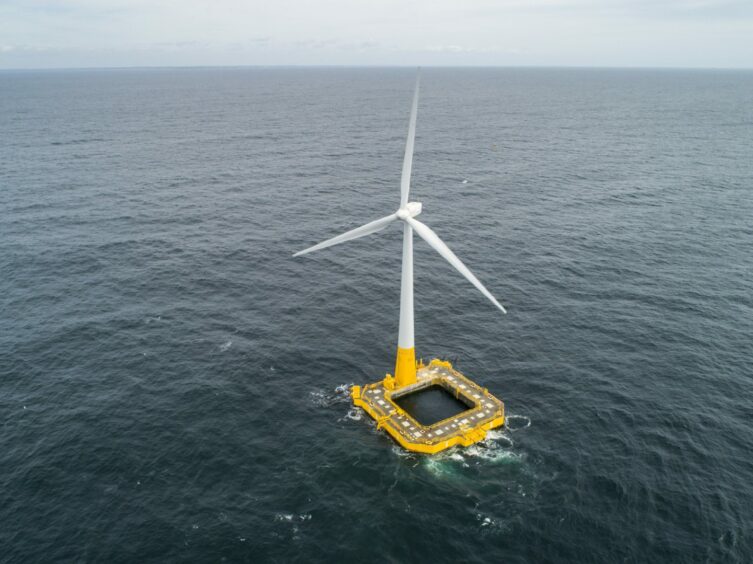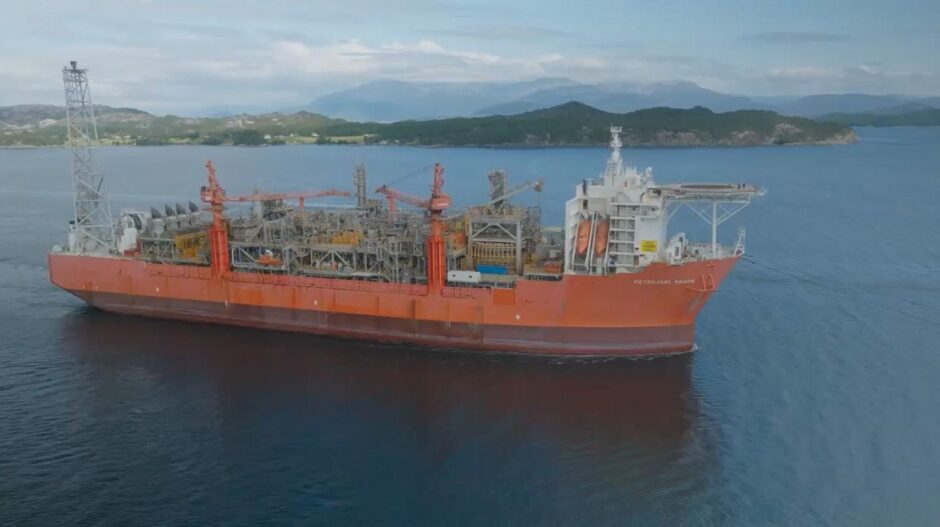Bills will likely remain higher for longer in order to pay for the transition to low carbon energy, a North Sea boss has warned.
Equinor chief executive Anders Opedal said the cost of energy is unlikely to recede back to levels before Russia’s invasion of Ukraine, and that consumers may have to get used to higher prices.
He also discussed the impact of the UK government’s windfall tax on the Norwegian energy giant’s investments in the UK North Sea.
Speaking on the BBC Radio 4 Today program, he said the Energy Profits Levy “is affecting how we judge each project” but he insisted its flagship development of Rosebank – one of the most significant and controversial oil and gas projects in the North Sea – is “needed in the UK in terms of energy security”.
‘Rewiring’ the energy system
Equinor is expected to reach a crucial final investment decision (FID) on the 300 million barrel Rosebank field later this year – and with it a promised £8.1 billion investment and more than 1,600 jobs.
Mr Opedal, there had been “a kind of re-wiring of the whole energy system in Europe particularly after the gas from Russia was taken away,” and that further investment in renewables would be needed, including in other low-carbon sectors such as hydrogen.
“This will require a lot of investment and these investments need to be paid for, so I would assume that the energy bills may slightly be higher than in the past but not as volatile and high as we have today,” he added.
In the future, he said, “we need to treat energy as something that is not abundant”.
“I think we have had a lot of cheaper energy in the past and we probably wasted some of it, so we need to make sure we’re making the right investments now [and] everyone [should] use as little energy as possible.”
Equinor operates two UK assets – the 180m-barrel Mariner field west of Shetland and Utgard on the Norwegian-UK border – and produced around 25,000 barrels of oil equivalent per day (boepd) last year.
It employs a UK staff base of over 600 people, mostly at its UK headquarters in Aberdeen.
The company is also building a pipeline of offshore wind farms and battery storage assets, with several in operation or under development – including the mammoth Dogger Bank scheme in partnership with SSE Renewables and Vargronn.
Speaking to the BBC ahead of his attendance at the World Economic Forum in Davos, Mr Opedal said that while the EPL had not affected Equinor’s UK investment strategy: “It is affecting how we judge each project because we have to take into account what is the tax level compared to what are all the other risks.
“There have been two changes in the tax regime already and we’re thinking about will it even be more going forward? Rosebank is a project that we think is needed in the UK in terms of energy security.”
Equinor has previously dismissed claims that the tax would affect its plans for the field.
Mr Opedal added: “Uncertainty about what will the tax level be will be an important part of the decision [to go ahead] because, for instance, now on some of the fields we have invested in we are still not profitable but pay tax already based on the windfall taxes. So this is how we kind of evaluate every project.”
A climate ‘disaster’?
However, as with the proposed Cambo development before it, the field has become a lightning rod for environmental and political clashes.
The Scottish Green party recently branded the west-of-Shetland development a “climate disaster waiting to happen” and called on Prime Minister Rishi Sunak to do “the right thing” and call time on the project.
Meanwhile, the government’s support for the scheme drew similar condemnation from Westminster Green MP Caroline Lucas in a debate on rising living costs last week.




